The organisations pushing hybrid work to new extremes
From pub-working to lockdown drills, businesses and workers alike are pushing hybrid work arrangements to the limit
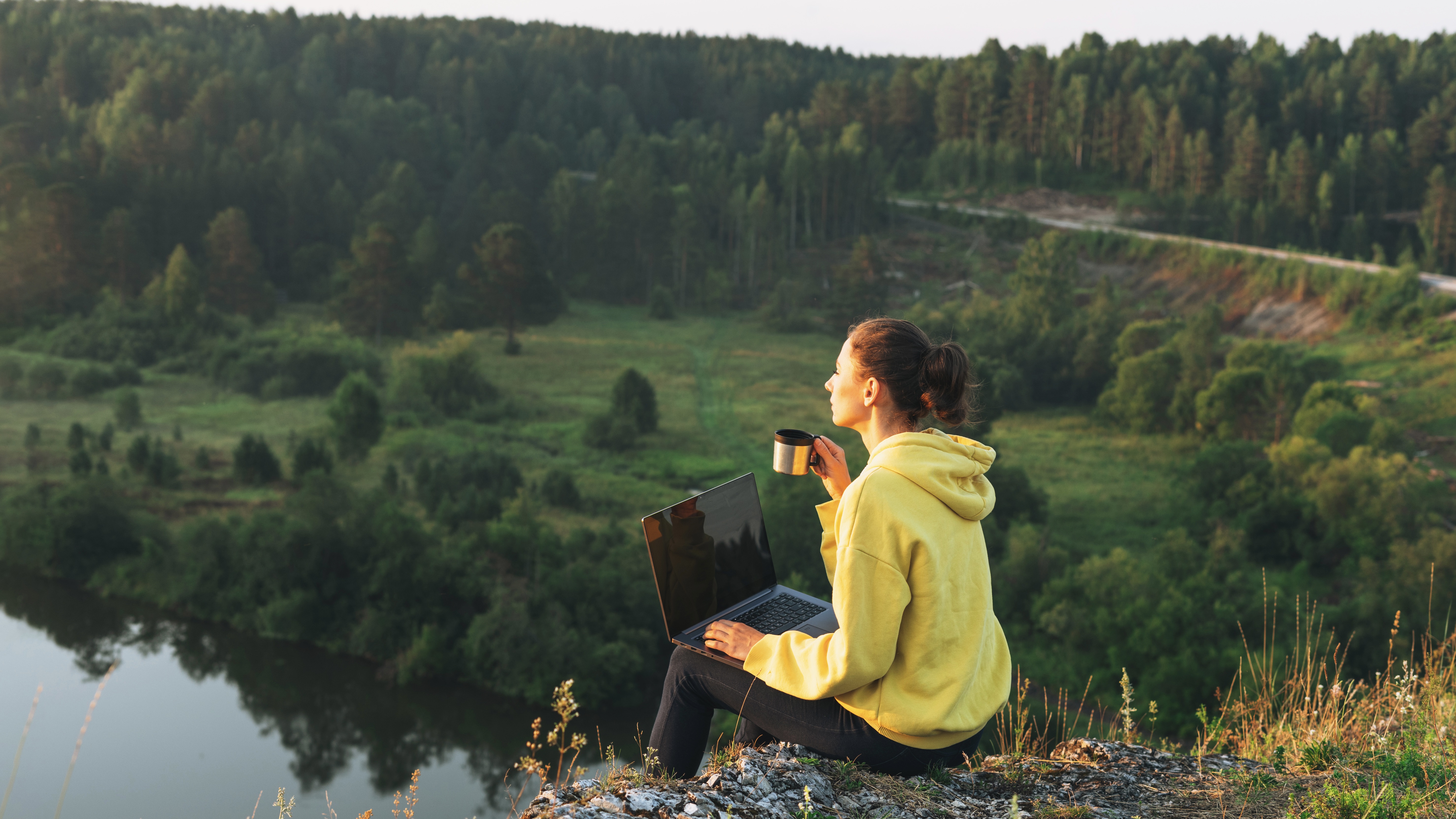
The rude awakening of a "once in a century" pandemic caused us to re-evaluate how we do business. The acceleration in home working – “telecommuting” as it used to be known – allowed businesses to continue to function, more or less, in a way simply not possible if COVID-19 had hit 20 years earlier.
Indeed, in today's age, platforms like Microsoft Teams, Google Meet and Zoom were elevated to essential business tools. As we emerge into a new reality, organisations have re-evaluated the 40-hour, office-bound work paradigm in favour of flexible hybrid work arrangements. Some organisations are also pushing this new reality to new limits, breathing life and energy into the idea of hybrid work.
Let's work from the pub
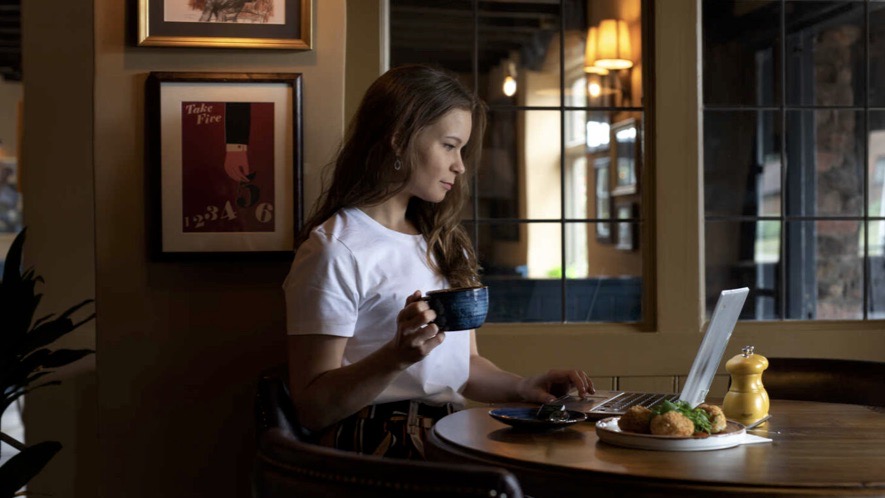
With home working now fully embedded in the psyche of employees and many reluctant employers, we’re currently in a period of flux. Although some stricter organisations have called time on remote working altogether, others are embracing change and allowing their staff to roam free.
One burgeoning alternative created by the pandemic is the 'Work from Pub' model. The idea of booking a table at your local for the day, with an all-in price for Wi-Fi, tea and coffee and sometimes a pint at the end was spotted in enterprising pubs and bars as early as 2015, but as we emerge from lockdown, licensees have seized on it as a way to lure people back, offering a tempting alternative to working in an empty flat.
Brewery and pub chain Youngs first adopted the idea at a corporate level and now offers “work from pub” at selected branches. “For those working remotely, Young’s first introduced its ‘Work from Pub’ bookings across select pubs back in October 2020, which, at the start, was launched to accommodate guests who needed a space away from the four walls of home," a spokesperson explains. "The initiative was a great way for our pubs to host guests throughout the day, especially during the uncertainty of the pandemic, and it proved successful among customers, with many pubs still offering this option"
Dumping the office for good
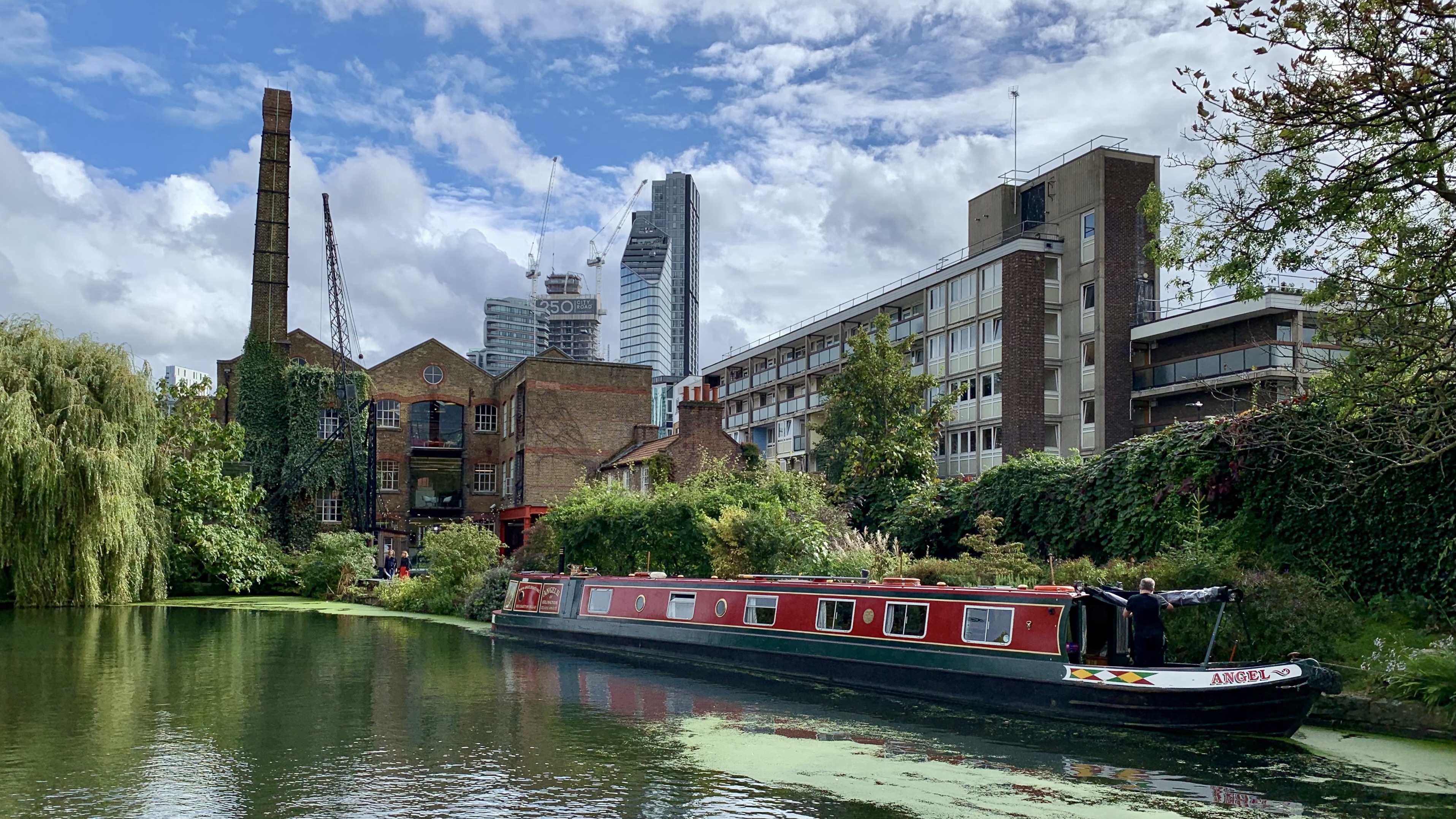
But what about the companies that have gone above and beyond the simple hybrid working model? One graphic design agency in London, for example, decided during the course of lockdown that offices weren’t a necessity at all. Many businesses have followed similar thinking, reducing the size of the office spaces they used to occupy or ditching physical workspaces altogether to cut costs.
In the case of our graphic design agency, they cancelled their lease and switched to a complete remote model. They used the savings to fit out a houseboat that acts as a meeting room and a perk for staff to borrow at the weekend – with the added bonus that it can be dragged to where it’s needed.
Sign up today and you will receive a free copy of our Future Focus 2025 report - the leading guidance on AI, cybersecurity and other IT challenges as per 700+ senior executives
Making the office more tempting
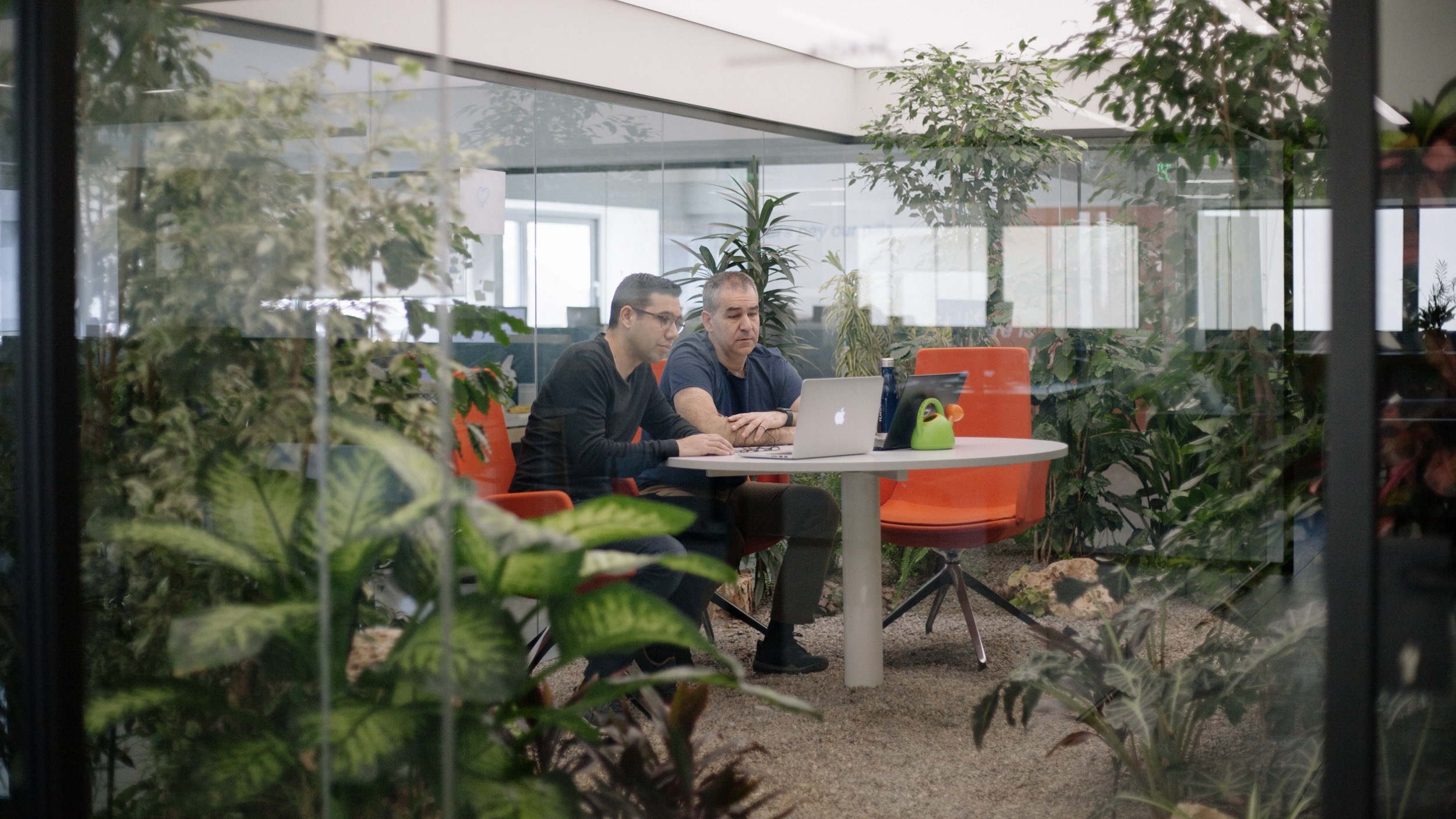
On the flip side, education tech firm Epignosis created a cleaner, greener working environment to entice staff to come in – as well as to show off to their clients. Their “jungle meeting rooms” are now covered in wall-to-wall plants, which not only look cool, but actually improve the quality of the air.
If you’ve ever felt drowsy during meetings, there’s a good chance that it’s because you and your colleagues are expelling so much carbon dioxide as you breathe that the air is becoming stale. Perhaps “jungles” may seem extreme, but plants can be a powerful weapon in keeping employees productive.
Après work?

Flexible working has also meant that boundaries between work life and personal life have blurred. Often, this is seen as a disadvantage, but it does have its upsides.
During the course of researching this piece, IT Pro heard from one employee who has managed to hold down a full-time job while travelling the world. She regularly remotes in from internet cafés at the tops of mountains and then when the work is done, skis home. The change in the way we work can actually facilitate a better work-life balance. The challenge for both companies and employees is to set boundaries, to ensure that freedom doesn’t blur with a culture of being always available.
Work and see the world
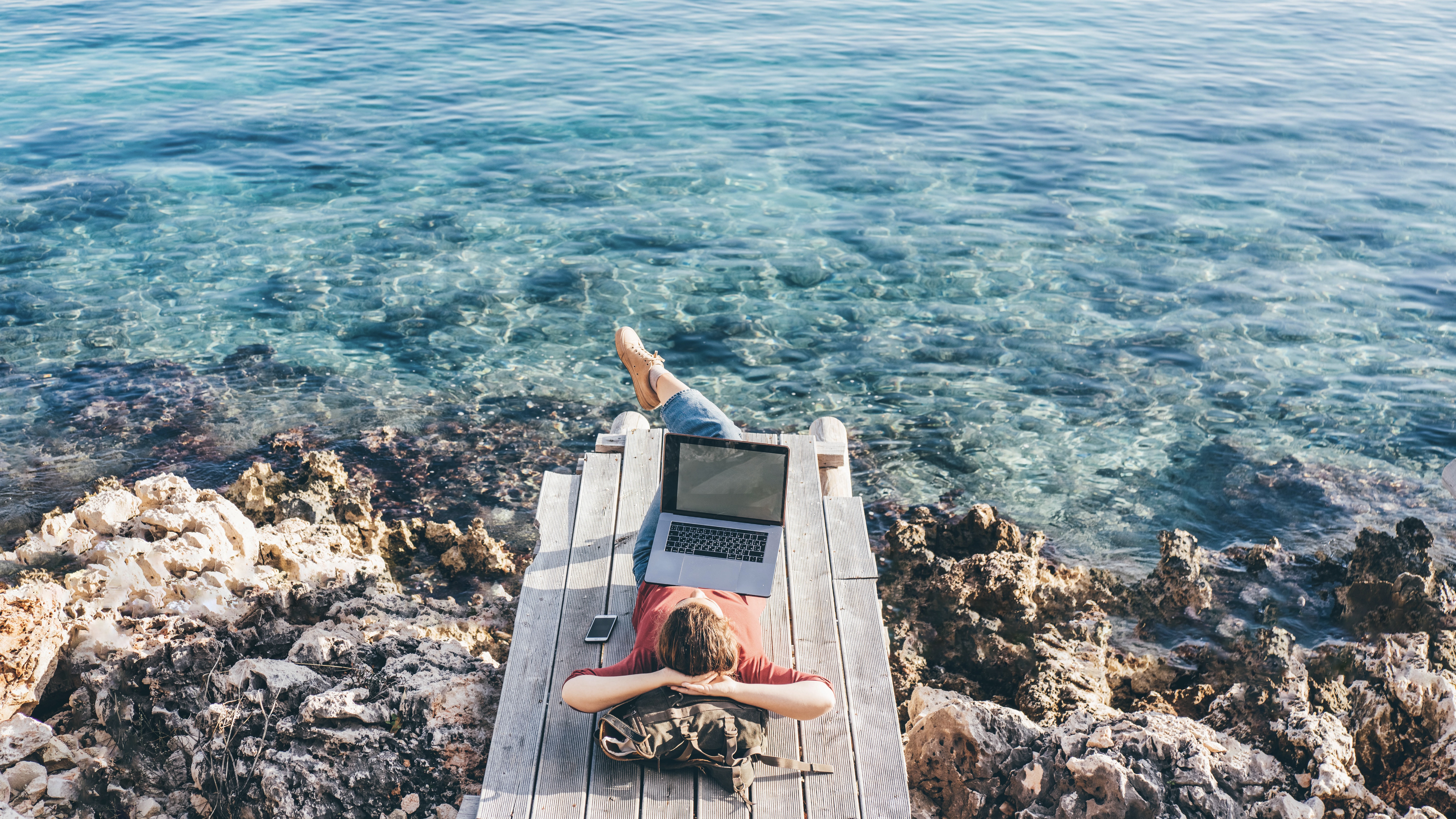
Of course, many freelancers are used to working from everywhere and anywhere – often catching up with work from the beach. When it comes to the dreaded business trip or overseas conference, though, companies are increasingly giving their employees the opportunity to actually see the place they’re visiting.
The Fox Agency allows workers to extend their stay in exotic climates. "Ultimately the team can work from anywhere with an internet connection," a spokesperson explains. "We’ve had and continue to have colleagues working from Sicily, Egypt, Brazil, Portugal, Miami, et cetera – using annual leave to enjoy the sights but also extending their time in these countries knowing that they can work from anywhere – and why wouldn’t you want to work in the sun with your feet in the sand?"
Lockdown drills as training
In some cases, the experience of lockdown has been turned into a learning experience, not to be forgotten, but actually repeated to improve how companies function together. Zengenti, a CMS provider, tells IT Pro how it simulates lockdowns as training exercises to practise, perfect and enhance the experience of remote working.
RELATED RESOURCE
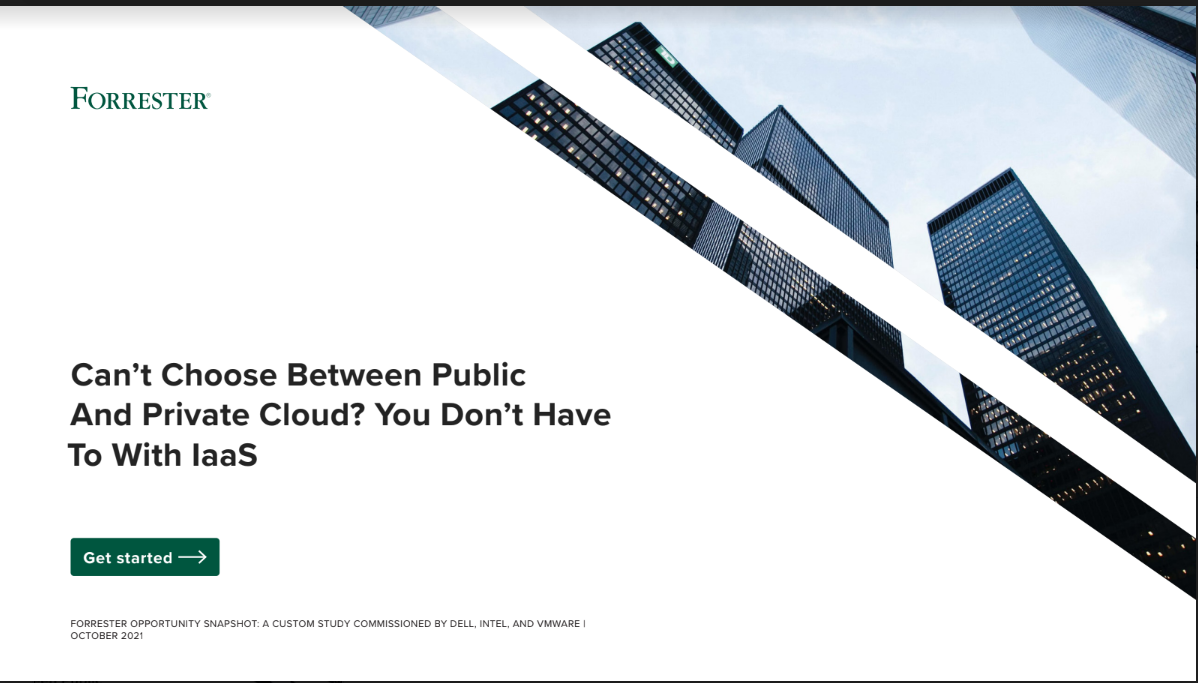
Can't choose between public and private cloud? You don't have to with IaaS
Enjoy a cloud-like experience with on-premises infrastructure
Although nobody hopes to a return to lockdowns for real, it’s an interesting reminder that the events of the last two years can be turned into a positive. This, as Zengenti explains, encourages the business to “think outside of the box, work as a team, work with others outside of your department and to build relationships in a 'controlled'/focused lockdown-type environment”.
“We’ve seen some awesome ‘lockdown’ events at the Zengenti office; from renovating the office’s basement into a games and film room and building a barbecue, to working on software-based projects like integrating third-party applications," a spokesperson says.
“In the build-up to the two-day event, people start thinking about project ideas. After we announce the date, we organise a company-wide meeting for people to brainstorm together. Agreed ideas are published via Slack, budgets are then finalised and any pre-event spending takes place. The event starts with a briefing – the team is fed throughout the two days - and the event ends with team presentations and an award ceremony."
This is a timely reminder that humans learn and evolve. If we forget everything COVID-19 taught us, then it can feel begin to like two wasted years when, in fact, it's kickstarted a workplace revolution.
Chris Merriman has been writing about technology since the 1990s for a variety of titles including Computer Shopper, MSN, TechRadar, Tom’s Guide and The Inquirer, where he broke a number of major tech news stories that were picked up globally. He has appeared on BBC, Sky News and Al Jazeera and was the resident tech expert at TalkRadio for a number of years. In between times, he has also been a consultant for several major tech firms.
Chris is fascinated by automation and the internet of things, as well as the evolution of the ways we communicate in the digital era. He's also a frequent contributor to ITPro's software guides, including Windows operating systems. Other specialisms include storage, peripherals, and web apps, and any gadget he’s allowed to take apart and fiddle with, preferably after throwing away the box, manual and receipt.
-
 Tired of legal AI tools that overpromise but underdeliver? The secret to success is in your firm’s data
Tired of legal AI tools that overpromise but underdeliver? The secret to success is in your firm’s dataSponsored Don't let legal AI tools overpromise and underdeliver: the secret to success isn't the software, but building a secure, stable, and connected data foundation that transforms your firm's complex, siloed information into structured knowledge.
-
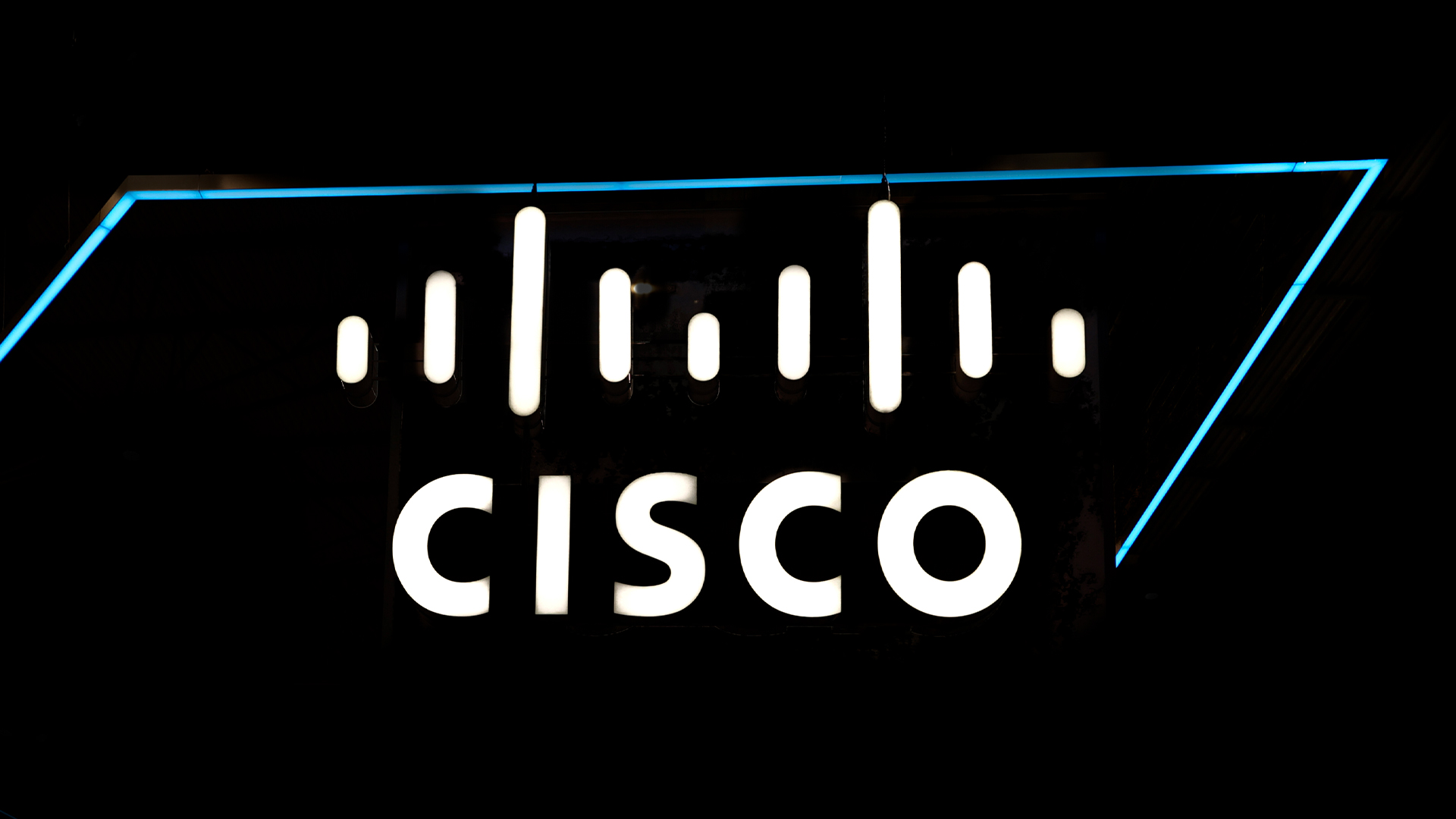 Cisco wants to take AI closer to the edge
Cisco wants to take AI closer to the edgeNews The new “integrated computing platform” from Cisco aims to support AI workloads at the edge
-
 Microsoft could be preparing for a crackdown on remote work
Microsoft could be preparing for a crackdown on remote workNews The tech giant is the latest to implement stricter policies around hybrid working without requiring a full five days in the office
-
 IT professionals aren’t budging on flexible work demands – and more than half say they’ll quit if employers don’t meet expectations
IT professionals aren’t budging on flexible work demands – and more than half say they’ll quit if employers don’t meet expectationsNews Analysis from Randstad shows 40% of UK-based IT pros have quit over a lack of flexible work options, while 31% of workers globally have done the same.
-
 'The tide seems to be turning towards office attendance': 64% of hybrid business leaders want staff back in the office – but many worry that enforcing RTO mandates will drive employees away
'The tide seems to be turning towards office attendance': 64% of hybrid business leaders want staff back in the office – but many worry that enforcing RTO mandates will drive employees awayAnalysis Many UK business leaders want their staff back in the office more frequently, but they’re scared to implement return to office (RTO) mandates in fear of worker revolts.
-
 Employees are dead set on flexible working arrangements – three quarters would turn down a role that didn't offer hybrid options as work-life balance becomes more important than pay
Employees are dead set on flexible working arrangements – three quarters would turn down a role that didn't offer hybrid options as work-life balance becomes more important than payNews New research shows workers are increasingly demanding flexible working arrangements from employers.
-
 Nearly half of tech workers are seeking new roles – declining employee benefits and reduced flexible working options have staff looking elsewhere
Nearly half of tech workers are seeking new roles – declining employee benefits and reduced flexible working options have staff looking elsewhereNews While salaries are rising for tech workers, other benefits are in decline, leading to a fall in job satisfaction
-
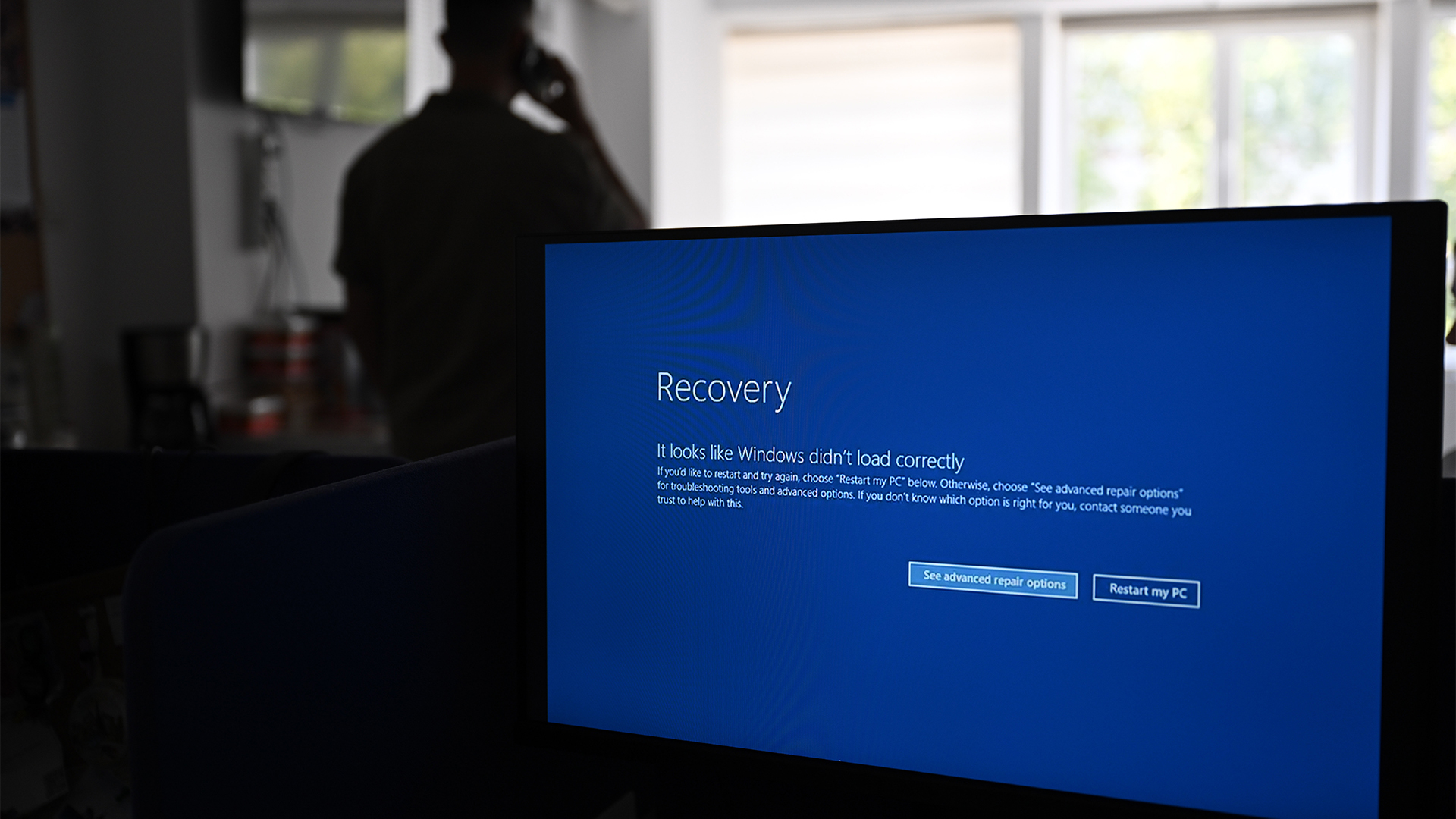 It's been two weeks since CrowdStrike caused a global IT outage – what lessons should we learn?
It's been two weeks since CrowdStrike caused a global IT outage – what lessons should we learn?Opinion The incident on 19 July was possibly the biggest IT outage to date
-
 Game-changing data security in seconds
Game-changing data security in secondswhitepaper Lepide’s real-time in-browser demo
-
 Unlocking the opportunities of open banking and beyond
Unlocking the opportunities of open banking and beyondwhitepaper The state of play, the direction of travel, and best practices from around the world